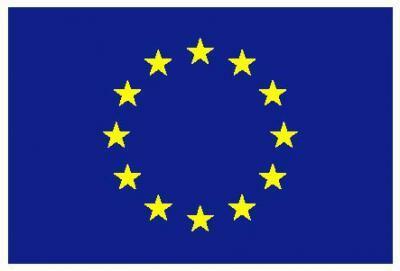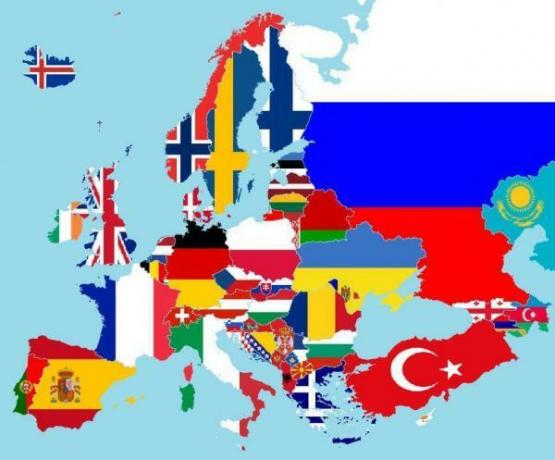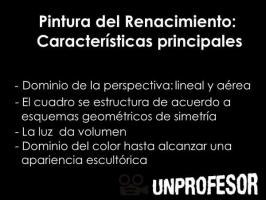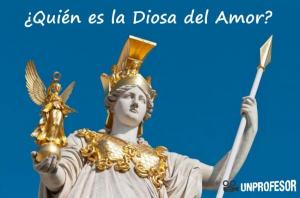What is the European Union

Currently, Spain belongs to one of the political and economic communities Most important in the world. A union of several of the countries that make up the continent of Europe and whose name is the European Union. Due to the importance of this organization for Spain, and for the world in general, today in this lesson from a PROFESSOR we are going to talk about what is the European Union so that you better know our current reality.
The European Union is a political and economic union of European countries They give up part of their sovereignty so that the institutions of the European Union can make decisions at a European level. The Union is made up of 28 European states and was established on November 1, 1993 through the Treaty of the European Union.
The EU works through an internal regime made up of a total of 7 institutions with very different tasks, which are:
- European Parliament: One of the institutions that has the legislative power. It directly represents the citizens of the European Union, as it is the only institution that is directly elected by them.
- European Council: It is an institution made up of the 28 heads of state of the member countries, the president of the European Commission, and the president of the European Council. Its function is to set the major guidelines and objectives of the Union in relevant aspects, that is, its function is to guide the policy of the member countries.
- Council of the European Union: The member states are represented in it through representatives with ministerial rank. Its functions are, together with the European Parliament, the legislative and budgetary aspect.
- European Comission: It is in charge of proposing the legislation, the application of the decisions and the defense of the different Treaties of the Union.
- Court of Justice of the European Union: It is in charge of applying the law of the European Union, that is, it is the institution that it owns in the judicial power of the European Union.
- Court of Accounts: The institution whose function is the audit and control of the accounts of the European Union.
- European Central Bank: It is the central bank of the member countries of the European Union, whose currency is the euro.

Image: Slideshare
The origin of the European Union can be found behind the Second World War. An attempt was made to create an institution to end conflicts between countries within the European framework. In the 1950s, the European Coal and Steel Community was created as the first step towards an economic union and the search for peace in Europe. Later, in 1957 the Treaty of Rome was signed and with it the European Economic Community.
Would not be until 1993 that what we now call the European Union would be formed. In this year the Maastricht Treaty, which was the founding treaty of the European Union, signed in February 1992, but which entered into force in November 1993.
The European Union was founded on the union of three entities:
- the European Coal and Steel Community
- the European Atomic Energy Community
- the European Economic Community
The union of the three organizations formed the European Union, which presides over the community landscape to this day.
To continue with this lesson of what the European Union is, we must talk about the countries that make up this institution, and on the different years in which they entered it, since several years passed between the introduction of countries.
- Founding countries of the European Union: Germany, Italy, Belgium, France, the Netherlands and Luxembourg.
- Countries that entered in 1973: Ireland, United Kingdom and Denmark.
- Countries that entered 1981: Greece.
- Countries that entered in 1986: Spain and Portugal.
- Countries that entered in 1995: Austria, Finland and Sweden.
- Countries that entered in 2004: Czech Republic, Malta, Cyprus, Slovakia, Slovenia, Estonia, Hungary, Latvia, Lithuania, Poland.
- Countries that entered in 2007: Bulgaria and Romania.
- Countries that entered in 2013: Croatia.

Image: This is how Spain goes
The European Union agrees with the intention of achieve a series of objectives, on which its policy, both social and economic, is based. the objectives are the following:
- Promote peace and well-being of European citizens.
- Offer freedom, security and justice.
- Seek economic growth, price stability, and environmental protection.
- Fight discrimination and social exclusion.
- Promote science and technology.
- Strengthen cohesion between the states that make up the Union.
- Respect the wealth of your cultural and linguistic diversity.
- Establish the economic union under the same currency, the euro.



